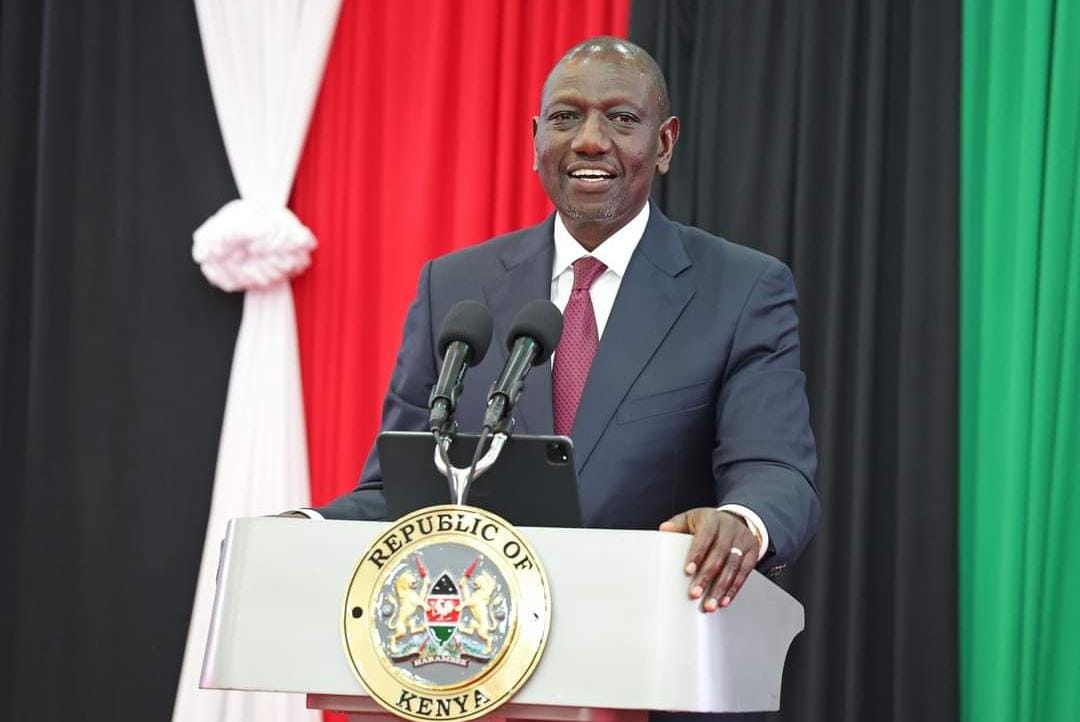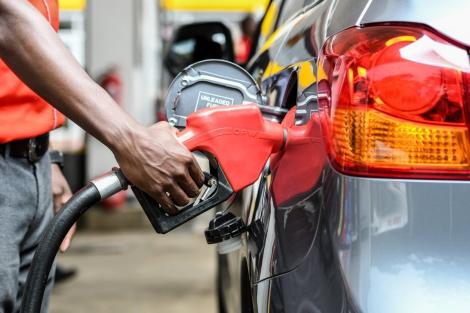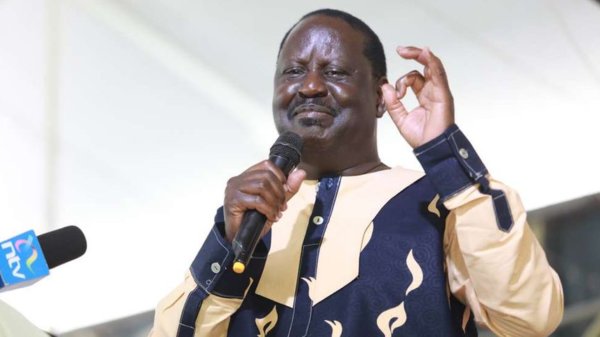
The Cabinet has approved the Liquefied Petroleum Gas (LPG) Growth policy in a move to increase Kenya’s green energy credentials.
According to a communique from the office of the President, the policy is a pivotal step toward ensuring the well-being of all households through the use of safe and cost-effective LPG.
“The Policy seeks to steer our nation along an irreversible path towards securing the dignity of all households through the use of safe and affordable LPG.
“The Policy provides a pathway for progressively weaning-off the 70% of Kenyan households currently using biomass, Kerosene and other dirty fuels as their primary cooking fuel,” read the statement in part.
The policy proposes a framework requiring all housing developments to have provisions for liquefied petroleum gas reticulation infrastructure shall be implemented.
“This provision will be embedded as a prerequisite for approval of any housing
development projects, including those under the Administration’s flagship programme on Affordable Housing,” the Cabinet stated.
The proposed interventions will further encompass establishing common-user LPG import terminals, distributing subsidized LPG cylinders to low-income households, promoting LPG use in institutions, facilitated by
partnerships with finance institutions, LPG players, and the Ministries of Education and Health.
According to the Cabinet, the measures aim to reduce consumer prices, improve public safety and contribute to both public health and environmental sustainability.
LPG is renowned for being a cleaner-burning fuel compared to traditional biomass and kerosene, resulting in a significant reduction in harmful emissions.
Meanwhile, the Cabinet also directed the Kenya Medical Supplies Authority (KEMSA) to ensure that procurement of locally manufactured pharmaceutical products receive preference over imports.
Also Read: Gachagua Breaks Silence After President Ruto Reshuffled Cabinet


































































